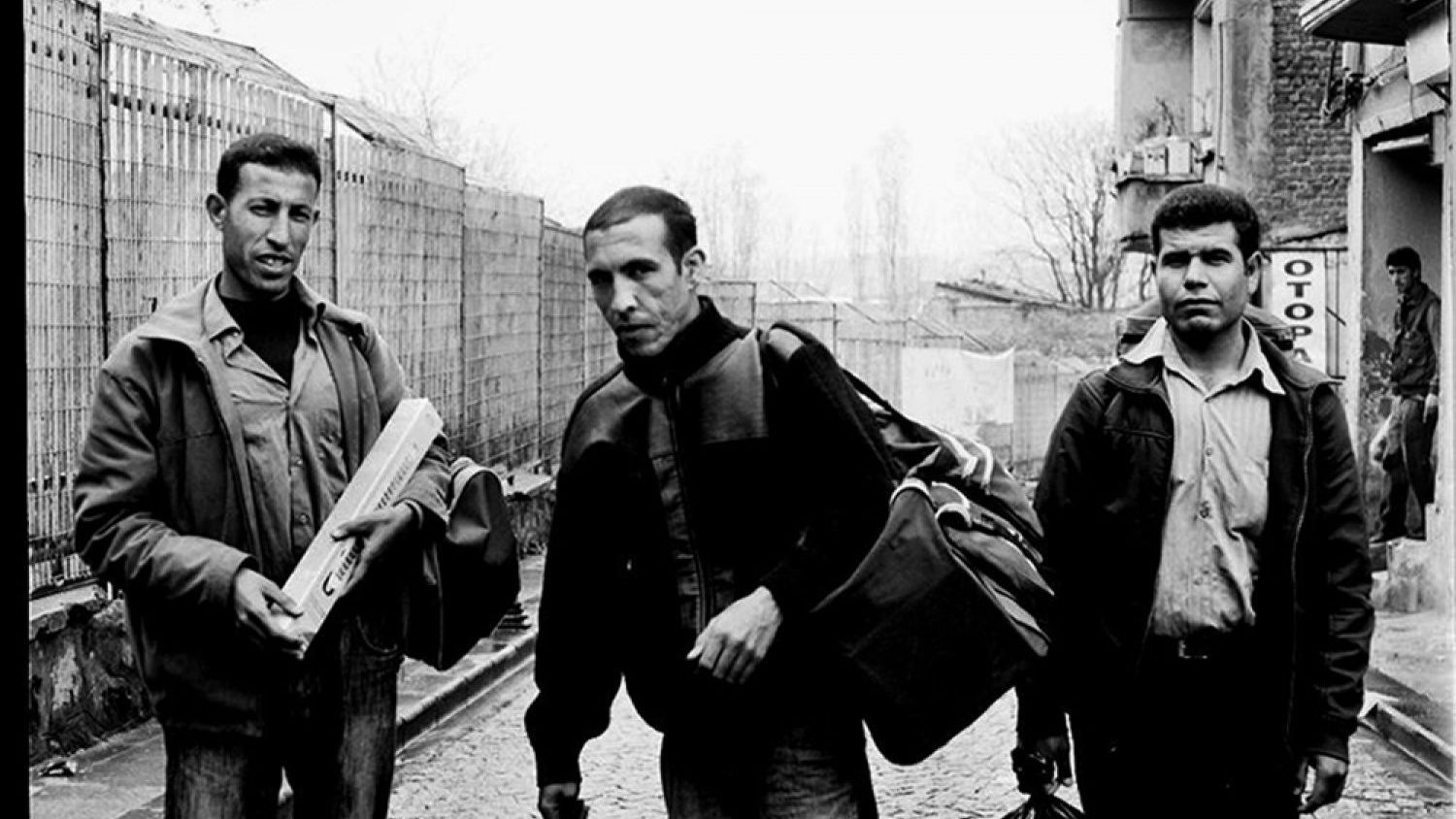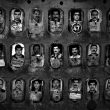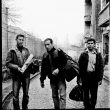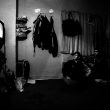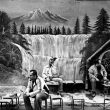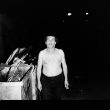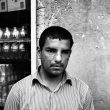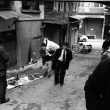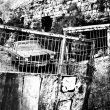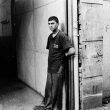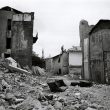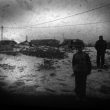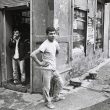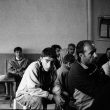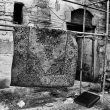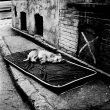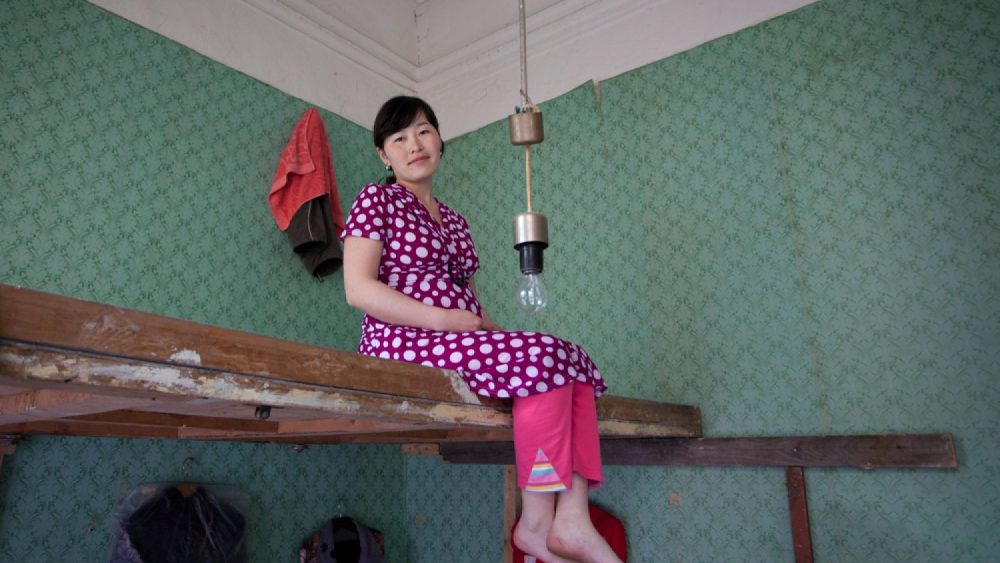Away from Home
I started this series nearly 4 years ago. It deals with migration, the dire conditions that people live in and work, on the one hand, and the causes of leaving their hometown, on the other. I roamed around Istanbul that has become a pot for migration, meeting and talking with people which directed my attention back to their hometowns…
Migration in early 1980-ies and during the 1990-ies was among the major reasons for the rapid change in Turkey. Today, migration from rural to urban and east to west, continues to have its effects on the relocation of societies.
Since intraregional economic disparity has polarized regions and since the young workforce has been expelled from the production cycle due to the industrialization of Turkish agriculture, there has been a great wave of migration to the cities to seek for new prospects of income. To survive and to support their families is the sole purpose of thousands of migrants who leave behind their homes for large, industrialized cities such as Istanbul and Ankara. The rate of migration for Istanbul has more than doubled during the 2009-2010 period due to the city’s economic opportunities and income disparities between the country’s west and east, according to official statistics.
In addition to the uneven industrialization, there was a large group of people that was relocated due to forced national migration that took place in the 1990-ies due to the war between Kurdistan Workers’ Party and Turkish Military. Forced migration has also been among the causes of the change in the social structure in major cities such as Istanbul. 2.5 million people from nearly 4 000 villages in the Eastern and South-eastern Anatolia have migrated to the urban centres in the West. The situation led to economic, cultural and infrastructural problems in large cities.
The results of a research conducted on thousands of migrants who left their hometowns and villages for Istanbul demonstrate that 90% of the migrants work with a very low income, while 75% work as casual labour in temporary jobs for 7 days in a week with no social benefit. 45% of the children in their tens and 15% of the women are employed. Broad families are also deprived of proper housing due to economic conditions. Most families dwell in single room houses with limited supply of electrics and water. One room is occupied by 10 people at minimum. Often, rooms in houses that lack a kitchen and bathroom are used for cooking and shower.
Migrants usually working with peddling, junk and scrap dealing make approximately 200 US$ in a month. After spending 50 US$ for rent, migrants send the rest of their income to their families in their hometown.
Only a few are able to achieve their goals of a better life and manage to take their families to Istanbul.
Kursat Bayhan (1980) is a Turkish photojournalist, who likes working on photo stories from the hottest points of the world, such as Afghanistan, Libya and Israel.
